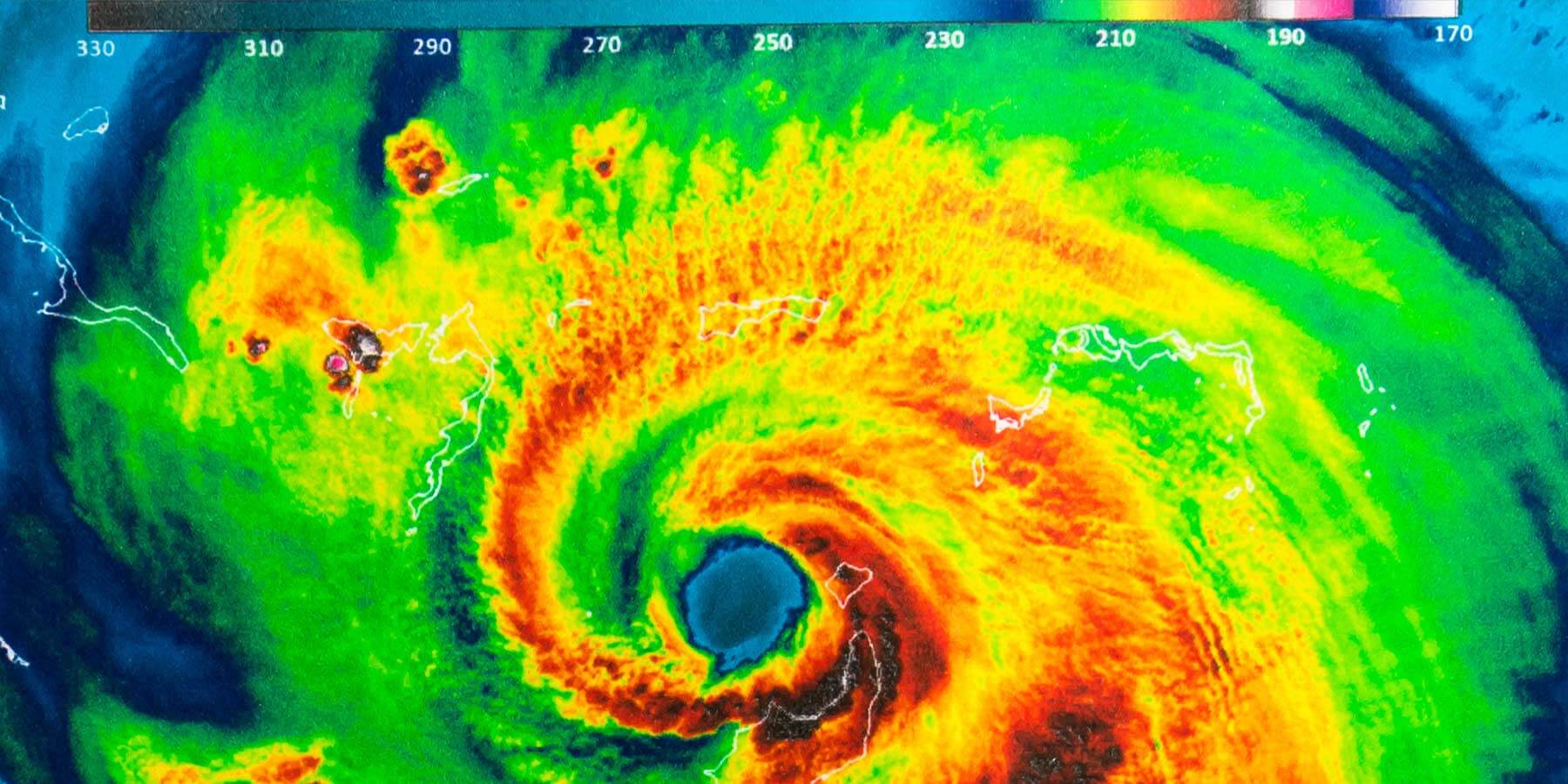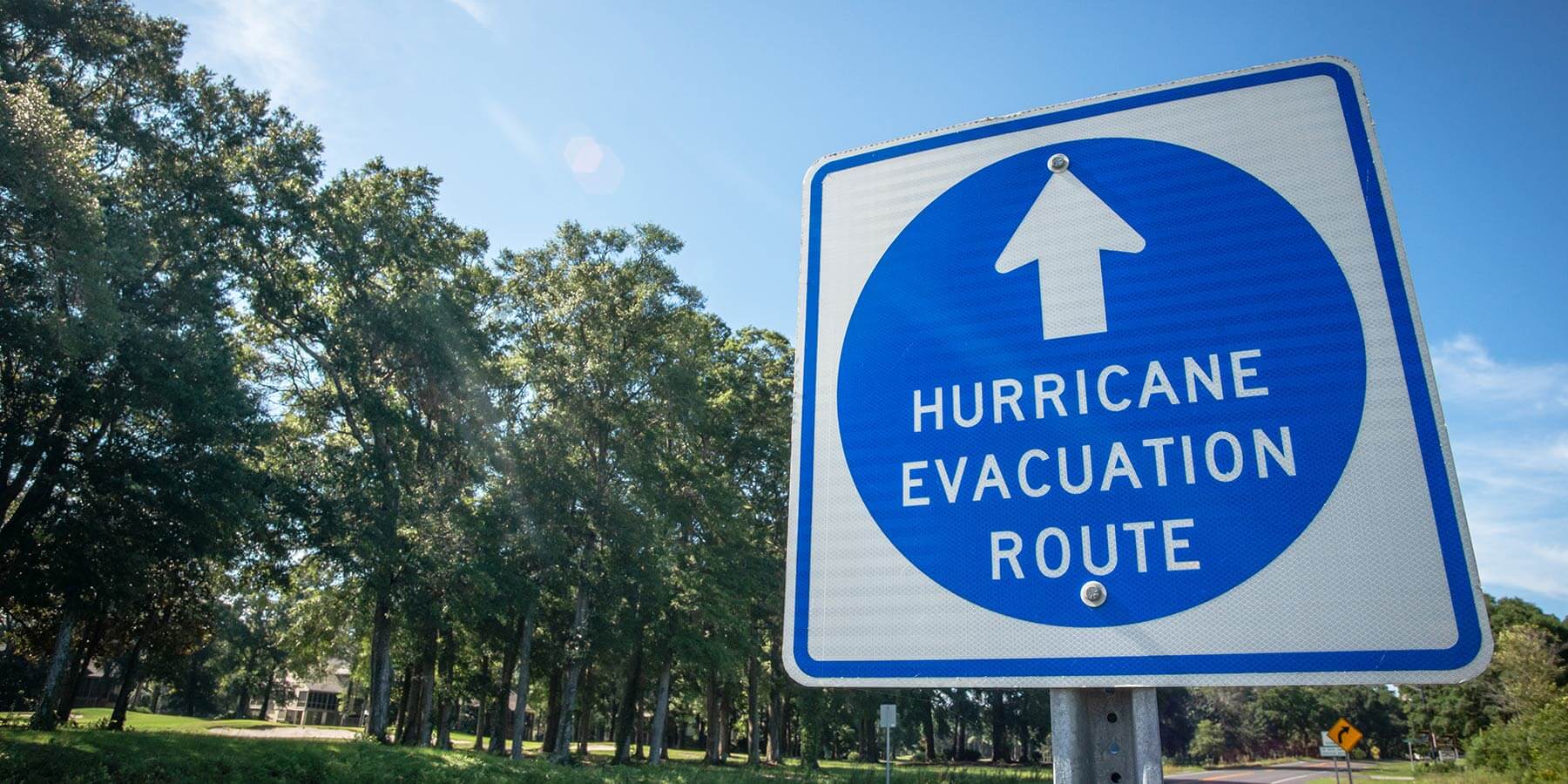As the nation faces unprecedented heat waves, the urgent need to address both immediate and long-term climate challenges becomes evident. The federal government has taken steps to combat climate change, however, there are calls for more specific actions to handle immediate heat emergencies.
Carlos J. Castillo, Chief Development Officer for Tidal Basin and former FEMA Deputy Administrator for Resilience, spoke with Eric Katz of Government Executive to share his insights into FEMA’s current role in responding to extreme heat. The following is a summary of the article, where Mr. Katz delves into the current state of emergency response efforts and the potential for redefining the approach to extreme heat emergencies.
Current State of Emergency Response:
The federal government has announced various initiatives to tackle climate change, but there is a concern that fewer actions are addressing immediate extreme heat concerns. Tragically, extreme heat leads to the loss of about 600 lives annually, surpassing the death toll from hurricanes, floods, and tornadoes combined. While recent federal actions aim to address the growing heat threat, there are calls for more direct federal involvement to assist localities facing emergency situations.
Redefining Emergency Response:
To address this issue, there are proposals to redefine emergencies under existing laws. This could enable the government to provide more financial assistance for extreme heat response and support states and localities after an emergency declaration. Advocates believe that updating FEMA’s disaster definition to include incidents of heat waves and freezes might be a crucial step.
Calls for Increased Funding and Support:
Despite the challenges, there are opportunities to address extreme heat through existing programs. For instance, the Emergency Management Performance Grant can help states and local governments prepare for hazards without requiring a disaster declaration. Additionally, the Health and Human Services Department’s Low Income Home Energy Assistance Program provides block grants that can be used for cooling centers and air conditioning for eligible households. Advocates suggest increasing funding for these programs to better address rising heat-related crises.
Federal Government’s Comprehensive Approach:
While concerns exist, the federal government is actively working to confront rising heat. Agencies like the Forest Service, Housing and Urban Development Department, Interior Department, and National Oceanic and Atmospheric Administration are involved in initiatives to mitigate the impact of extreme heat and improve weather forecasting.
To read the full article, click HERE.



